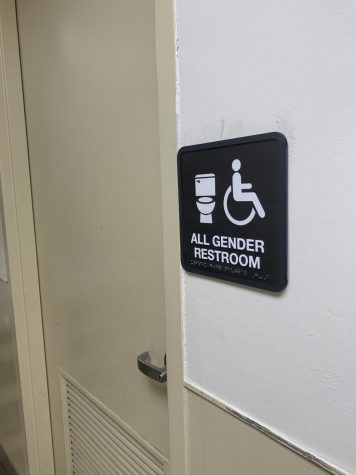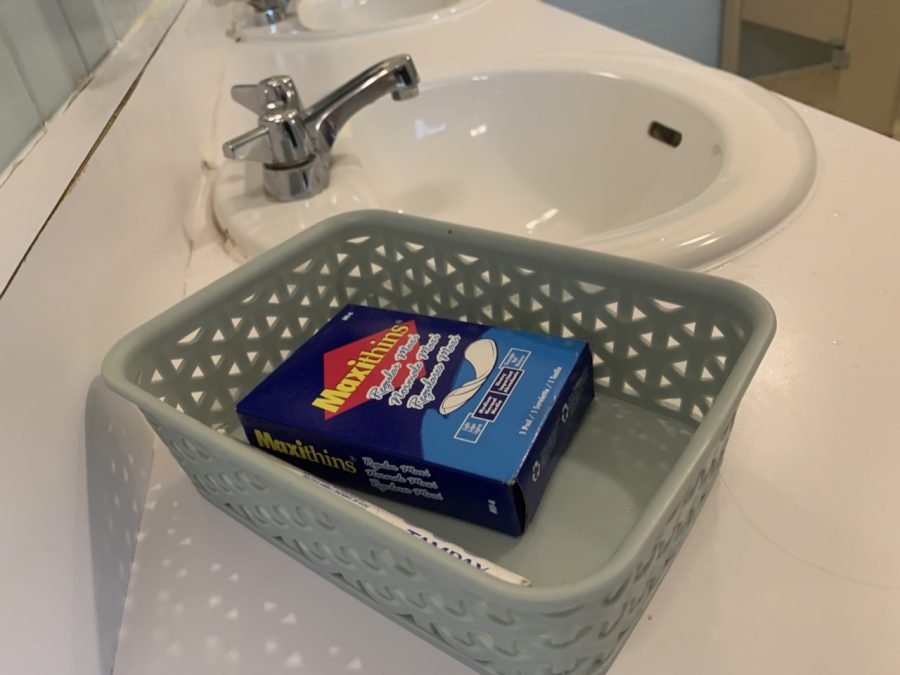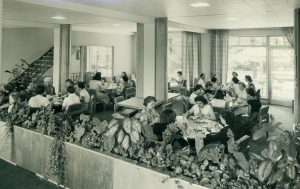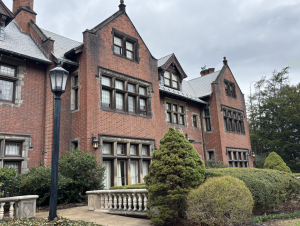Period Poverty Project halted due to lack of support
Menstrual product assistance is another issue where the student body needs the cooperation of the University to make plans a reality, writes Opinion Editor Abbey Sullivan.
September 22, 2021
According to “Good Morning America” reporter Katie Kindelan, one in 10 American college students experience period poverty, which is defined as inadequate access to menstrual products and/or educational services. Furthermore, students with poor access to menstrual products are more likely to report symptoms of moderate to severe depression than their unaffected peers.
Period poverty is a mode of inequality that comes with many layers; issues of hygiene depreciate mental and emotional health, which in turn affect academic performance, forming a damaging cycle. Additionally, these resources are still taxed in 35 states. Funds from the Women, Infants and Children Program and the Supplemental Nutrition Assistance Program can’t be used to purchase menstrual products, thus isolating those in need of assistance even more.
Many colleges are working toward a solution in response to these harsh economic conditions. Schools such as the University of California-Davis and the University of Wisconsin-Milwaukee have begun to use student union resources and grant funds to provide free menstrual products across their campuses. While it remains unfortunate that much of the responsibility falls solely on student initiative across the country, the efforts are often met with success.
So why hasn’t Chatham University implemented its own period poverty project?
Molly Yowler ‘24 (CSG class president) and Emi Perdan ‘24 (CSG class treasurer) founded their Chatham Student Government class project around the goal of solving period poverty on campus. The effort began in fall 2020 after a student poll indicated that menstrual assistance was needed and would be appreciated on campus. The project received the support of several other Chatham student organizations, including the Green Team, Chatham Student Power, the Sexual Respect Committee and the Chatham Feminist Coalition.
A plan was set in motion; the products would be placed first in gender-neutral bathrooms, both as a means of privacy and to guarantee a slow and manageable start. However, when Perdan and Yowler directed their efforts toward Health Services for help and feedback, they said they were met with an underwhelming response that consisted of more questions than avenues for improvement or achievement.
Such a response from Chatham is not abnormal, especially regarding student activism on a larger scale. A notable example is the decision on room C134, formerly known as Sanger Hall. Years went by, full of protest and work from organizations like the Black Student Union, before any serious dialogue about the name’s offensive connotations and history took place. Additionally, the outrage following Sen. Kim Ward’s (Pennsylvania Republican majority leader) invitation to a spring 2021 Pennsylvania Center for Women and Politics panel was addressed only after the fact.

Menstrual product assistance is another issue where the student body needs the cooperation of the University to make plans a reality — and another instance of the University’s often endemic disinterest. Period poverty is a tangible issue plaguing our own small school. This initiative goes beyond many of the de facto confines that seem to be imposed onto class projects, which normally consist of campus art pieces/monuments. This project requires long-term upkeep and dedication, so Health Service’s appearance of disinterest in engagement shows the limits of Chatham’s willingness to help.
A period assistance program would also help further the student body’s efforts toward inclusivity. The project’s ultimate goal is to supply menstrual products in all bathrooms across campus – male, female and gender-neutral ones. Both Yowler and Perdan stress the need for inclusivity, not just in their own planning processes within CSG, but within the Chatham community as a whole when discussing menstruation and its socioeconomic hardships.
Perdan and Yowler are still dedicated to ending period poverty on Chatham’s campus. Currently, the initiative is at a stand-still until Chatham Student Government’s routine meetings are underway again. Both aim to re-engage with Health Services and other concerned parties at that time.
“A common recurring frustration is that Chatham does not put their money where their mouth is,” Yowler said about her experience trying to earn Chatham’s assistance.
“I think the main thing Chatham could do is open the communication between students, faculty and administration to get the conversation started about the project. Just getting the word out there to open a dialogue will help,” Perdan added.
Students interested in the fight to end period poverty, both here and across the country, should keep their ears open for the resurgence of this sophomore class project. And no students should be afraid of starting their own program aimed at promoting inclusivity and mutual aid within the Chatham community. No matter the school’s level of interest, Chatham students have upheld a culture bent on intersectionality and kindness for all individuals.
Clarification, Sept. 23, 2021: Students can access free menstrual and sexual health products in the essential needs corner of Student Health Services’ waiting room, located on the first floor of Woodland Hall. Student Health Services is open 9 a.m. to 5 p.m. on weekdays.








